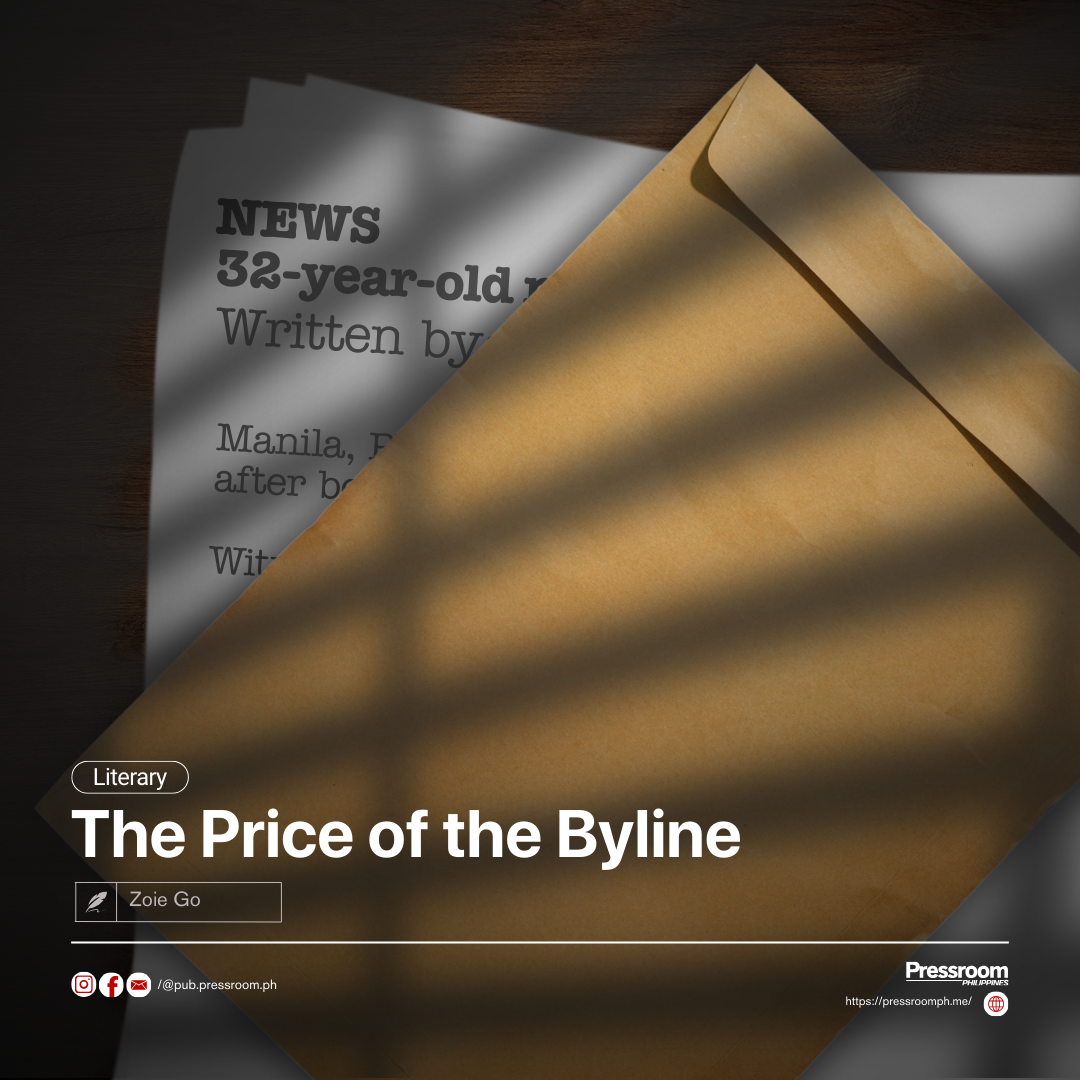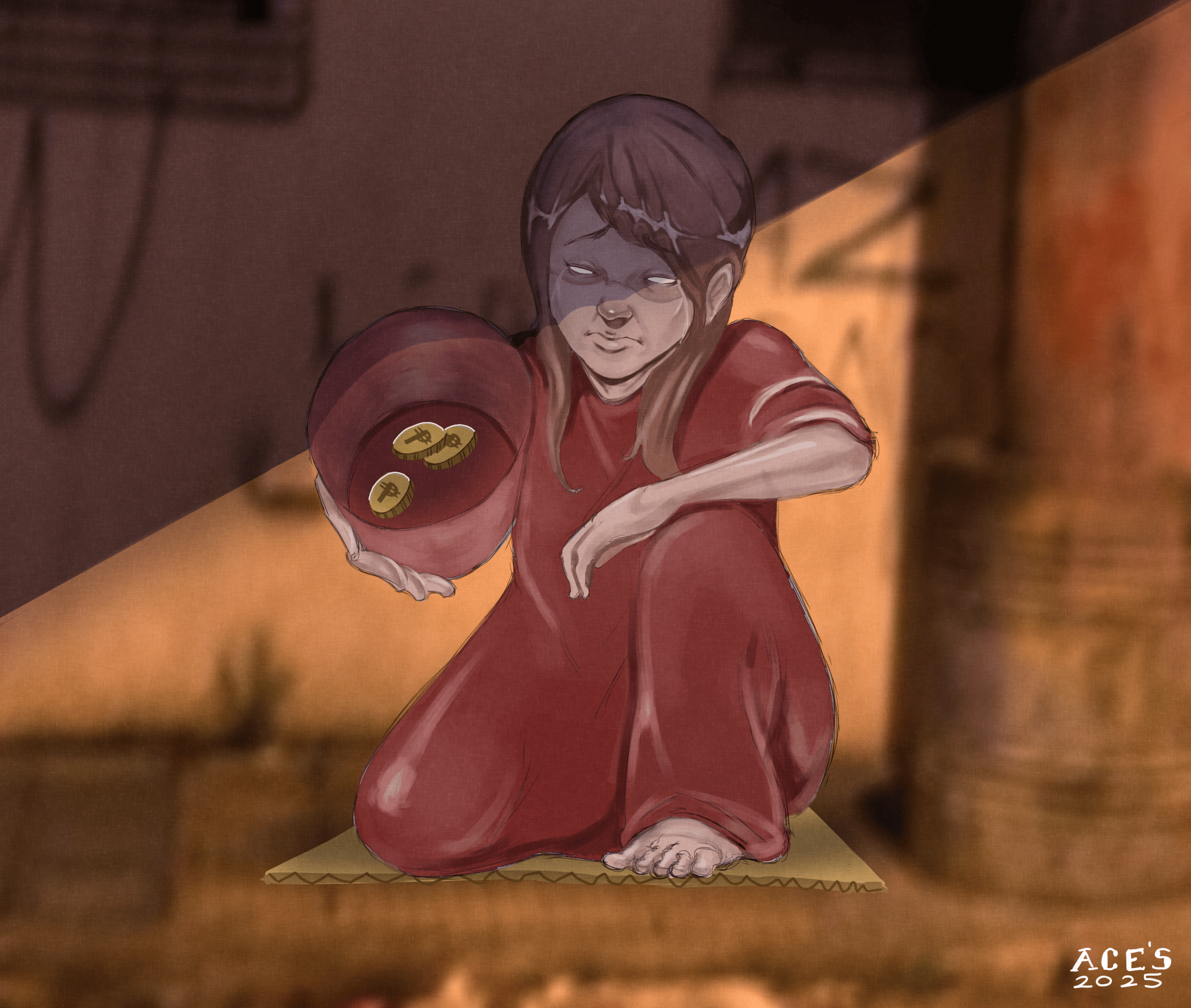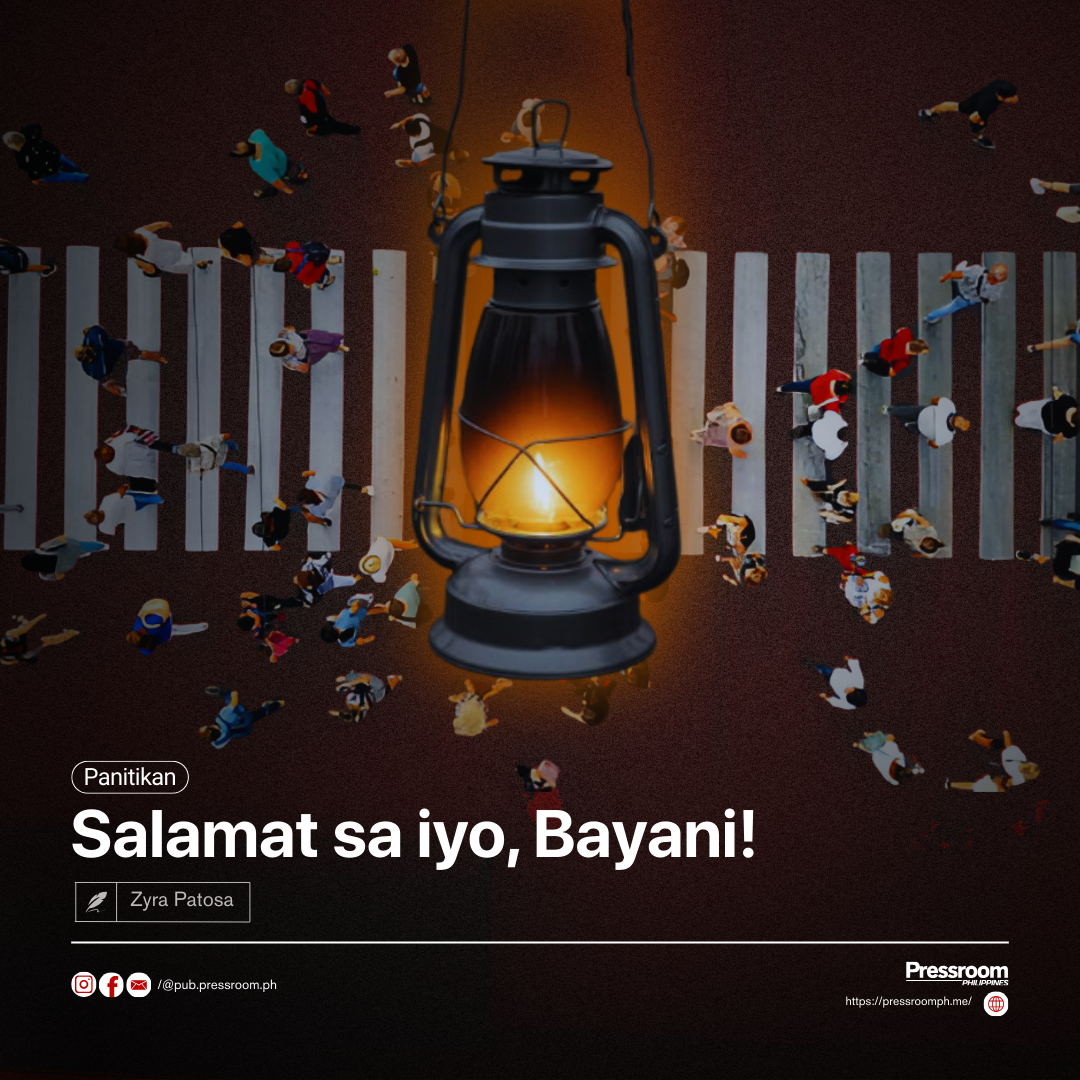Is the byline still yours if it is paid for?
A question that lingers in the quiet corners of a newsroom, where the relentless chase for a story often drowns out the murmur of conscience.
In a country often ravaged by calamity, you’ll find some stories aren’t discovered but delivered, sealed in envelopes that smell faintly of unassailable power. Sometimes, truth isn’t chased; it’s meticulously dressed, rehearsed, and made presentable for the evening broadcast. The interviews arrive like curated gifts, wrapped in charm and bathed in strategic lighting. Subjects smile, their hands appear clean, their histories conveniently blurred. The questions are soft, brushing past bruises, carefully avoiding what lies beneath.
Some call it access. Others, an arrangement. But no one dares to call it what it truly is. The line between journalism and performance grows perilously thin. In that blurring space, the audience often applauds unknowingly, buying a romanticized story of carefully hidden corruption. At the same time, the journalist becomes a compliant dancer in a strategic ballet, moving to music composed by those who master paying for silence without ever uttering the request. Truth transforms into a commodity, traded in quiet deals and subtle nods. And those who dare question the script are swiftly reminded that the spotlight is not for dissent—it is solely for display.
Outside, the rain begins to fall, tapping against the windows like a persistent, soft reminder. As the downpour intensifies and those below begin to suffer once more, the flood waters rise—not just in the streets, but within the conscience of those who once promised to speak for the voiceless. This rain does not cleanse; instead, it erodes.
Yet, a few still write with trembling hands, believing truth isn’t a luxury but an unyielding duty. But their voices are often buried beneath segments that glorify. Their urgent stories were shelved for safer scripts. They are told to wait, to soften, to simply “understand the game.” And so they mourn, quietly, in the margins.
Many newsrooms, once vibrant spaces of urgency and grit, now hum with a different rhythm. Walls are lined with gleaming awards, yet the air itself feels heavy with unspoken agreements. Conversations are measured, laughter rehearsed. Even the coffee tastes like compromise. Still, the relentless machine keeps running. Cameras blink, scripts are printed, and stories are aired. And somewhere, beneath that polished, professional surface, the truth remains untouched—not because it’s unknown, but because it is inconvenient.
We do not bury the truth with shovels. We bury it with silence. With applause. With carefully allocated airtime. With the soft, practiced smile of someone who knows better but consciously chooses otherwise. We betray the truth when we sell integrity for money given by hands that blur the lines, deliberately.
In the end, the sacred is sold, and the voices meant for the many are drowned out by the currency of lies. The truth doesn't just echo—it's rewritten and sold in shards, buried beneath a fabricated history. The truth, diluted as profit begins to speak louder than duty.






